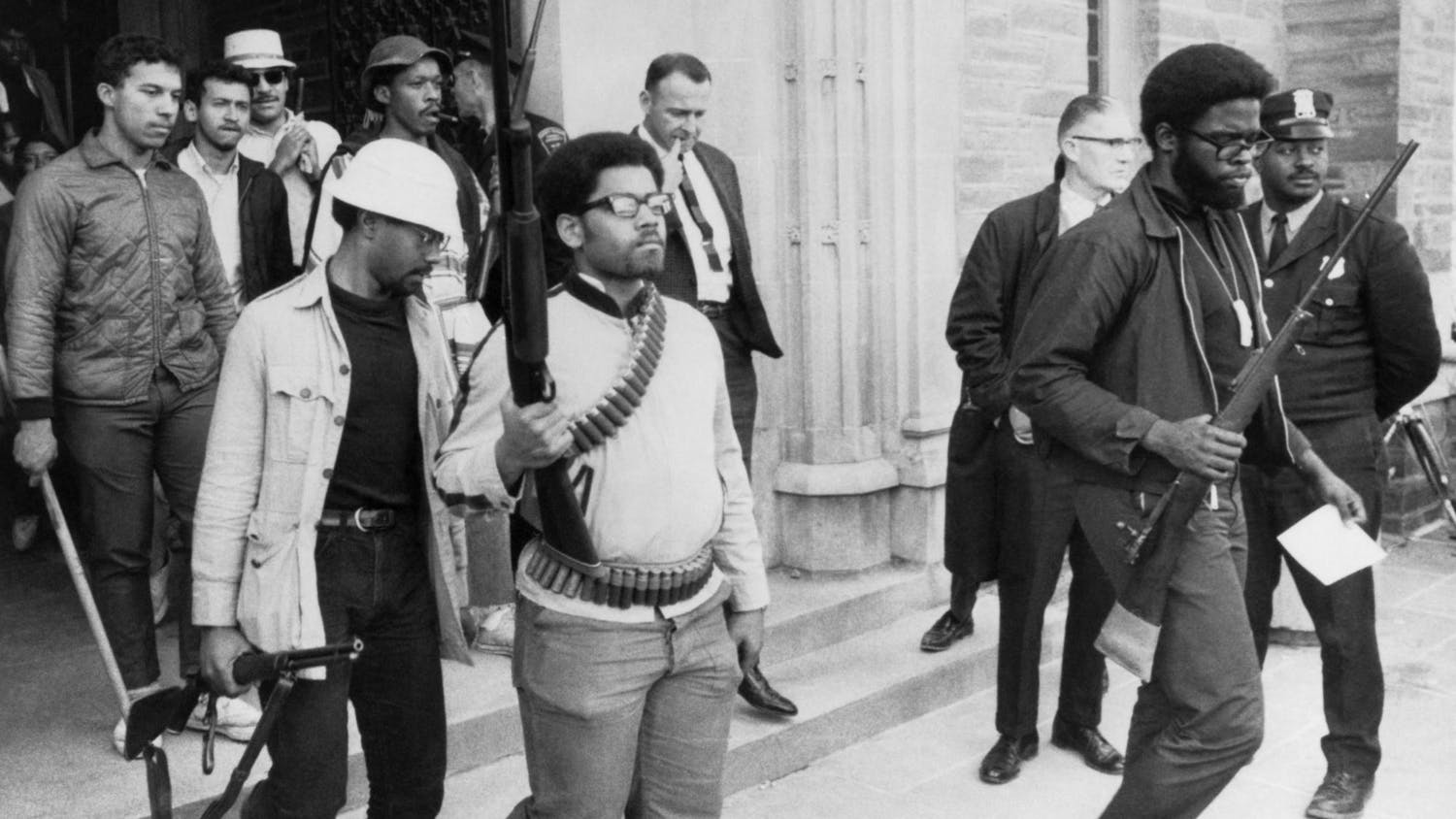When I found out that a hacker leaked millions of Webkinz usernames and passwords earlier this week, somehow, I wasn’t surprised. If there was ever a time for something like this to happen, it should be now, when it seems like the whole planet has gone stir-crazy. Over a month into the crisis, people have found plenty of different ways to cope, from baking bread to choreographing elaborate murder-mystery parties over Zoom. But a lot of people have also turned to video games, especially those of the online, quasi-social, life-sim variety. I myself have sunk an embarrassing number of hours into Animal Crossing: New Horizons in the past few weeks, but those without a Switch or a desire to spend 100+ hours laying custom-pattern sidewalks brick-by-brick went for a more old-school approach, swarming to Webkinz, Club Penguin, Minecraft and every other massively-multiplayer online game on the web.
So I wasn’t surprised that Webkinz, a kid’s game older than even Club Penguin, suddenly became a target for hackers. Browser-based MMOs, especially the ones that were most popular with kids in the 2000s and hold nostalgic significance, are suddenly relevant again. 2000s kids are returning to MapleStory, Neopets and even GaiaOnline. I haven’t seen this many Club Penguin-related memes in Facebook groups since the Disney-owned site closed in 2017 (and was swiftly replaced by fan servers like Club Penguin Rewritten).
Maybe I’m biased, mentioning kids’ games I’m personally more familiar with instead of their more grown-up, updated counterparts like World of Warcraft or Star Wars: The Old Republic. But there are a lot of reasons that kids’ games like Club Penguin and Webkinz in particular have grown in popularity since quarantine started. Part of it is that nostalgic desire to revert back to a simpler time — I can’t even count the number of college kids who, forced to move back into their childhood bedrooms, have started rewatching Glee. I myself spent much of the day before writing this article sorting through my old Game Boy Advance and DS Lite games while trying to find some inspiration, only to make myself sad at the realization that Petz Vet wasn’t as good as I remember it (although Barbie as the Princess and the Pauper was much, much better).
Late 2000s MMOs also provide community; outside of Zoom calls, meeting up with friends’ digital avatars is the closest thing some can safely get to hanging out with their friends right now. These Flash-based, online games fell out of vogue when companies realized how much maintenance they’d require, leading to the untimely demise of classics like Toontown and Pixie Hollow. Sure, it’s 2020 now, and there are thousands of ways people can communicate remotely — not to mention the vast library of games with graphics a little slicker than the ones created by Disney and Ganz in 2005 — but having an avatar in a digital space provides a sense of presence. Having to maintain a presentable expression, posture and mannerisms on a video call is a lot more pressure compared to meeting in real life, but it’s also exhausting to only interact with the outside world through text. MMOs provide a middle ground where people can still get dressed, emote and travel with people they know without too much stress.
It doesn’t hurt that so many of these games are made for kids and have educational elements, leading to no end of memes about the new reality of online learning. They also come with robust dress-up systems that often offer caps and gowns as wearable items. I’ve seen too many people stage mock graduations in The Sims and Roblox, or recreate their school layout in Minecraft. It’s not an MMO, but I admit I bought up the (Cornell) red graduation items in Animal Crossing as soon as I saw them, eager for a taste of the May graduation I’ll never get. Yes, I know Cornell’s graduation hasn’t been cancelled, just indefinitely postponed, and I certainly look forward to the day graduation will be safe to hold once more. For now though, I’m keeping an eye out for a way to get a graduation cap item for my avatar in Club Penguin Rewritten, just in case.
Olivia Bono is a senior in the College of Arts and Sciences. She can be reached at obono@cornellsun.com. On the Level runs alternating Tuesdays this semester.

BONO | Partying on Club Penguin is Cool Again
Reading time: about 4 minutes
Read More










